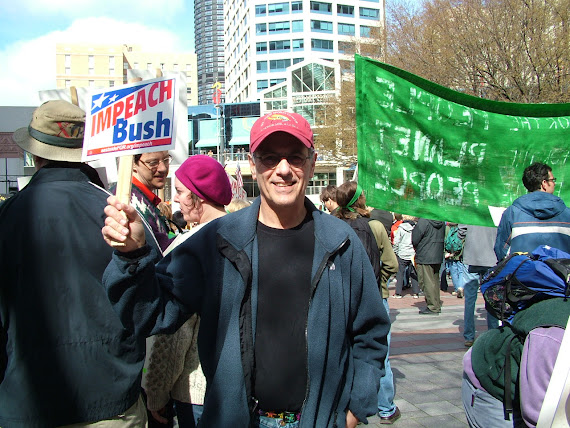Rule 5 requires government agents to promptly bring an arrestee before a federal magistrate in the district of arrest. Rule 5 was meant to put a stop to coercive police third degree practices, see United States v. McNabb, 318 U.S. at 344, and secret police interrogations. Upshaw v. United States, 335 U.S. 410, 412 (1948). Yet it is becoming more common that arrestees are induced to cooperate with government agents and waive their rights under Rule 5.
The Rule 5 waiver scenario begins when case agents think an arrestee has usable information. Before the Sixth Amendment right to counsel attaches the case agent has the arrestee go "operational" as an uncharged informant. The operational period can last a few hours, a few days or even a few months.
The purpose for which a person is arrested does not alter the fact that when one is arrested a seizure subject to constitutional scrutiny has taken place. Cupp v. Murphy, 412 U.S. 291, 294, (1973); Davis v. Mississippi, 394 U.S. 721, 726-27, (1969); Terry v. Ohio, 392 U.S. 1, 10 (1968). The essential element is the physical restraint placed upon the person, not the purpose behind the restraint. Bacon v. United States, 449 F.2d 933, 942 (9th Cir. 1971). An arresting officer's determination of probable cause justifies a brief period of detention to take the executive steps incident to arrest. Gerstein v. Pugh, 420 U.S. 103 (1975). For continued detention a magistrate must make a prompt determination of probable cause. County of Riverside v. McLaughlin, 500 U.S. 44, 111 S.Ct. 1661, 114 L.Ed.2d 49 (1991).
The Sixth Amendment guarantees that in all criminal prosecutions, the accused shall enjoy the right ... to have the assistance of counsel. Gideon v. Wainwright, 372 U.S. 335 (1963). The right to counsel is vital to the fair administration of our adversary system of criminal justice. Brewer v. Williams, 430 U.S. 387, 389 (1977); quoting Kirby v. Illinois, 406 U.S. 682, 689 (1972). The Sixth Amendment right to counsel does not attach until the initiation of adversarial proceedings against the defendant. Michigan v. Jackso , 475 U.S. 625, 629 (196). The arraignment signals the initiation of adversary judicial proceedings and the attachment of the Sixth Amendment. United States v. Gouveia, 467 U.S. 180, 187 (1984).
The traditional remedy for a Rule 5 violation is the suppression of any confession obtained during any unnecessarily long period of pre-arraignment delay. Mallory v. United States, 354 U.S. 449 (1957); McNabb v. United States, supra. Suppression however cannot redress the constitutional violations that occur when the government disregards its obligations under Rule 5 nor will it deter the police from continued use of this tactic. The benefit the government obtains is not just evidence needed to convict the defendant; the bigger prize is the chance to obtain evidence needed to identify and convict the defendant's coconspirators.
The Supreme Court first used the label supervisory power in McNabb v. United States, 318 U.S. at 341, to describe its authority to formulate procedural rules in its administration of criminal justice. The supervisory power doctrine is premised on the inherent ability of the federal courts to formulate procedural rules ... to supervise the administration of justice. United States v. Larrazolo, 869 F.2d 1354, 1358 (9th Cir.1989). Case law supports dismissal of an indictment as an appropriate sanction for an egregious Rule 5 violation. See United States v. Osunde, 638 F.Supp 171. 176-77 (ND CA 1986). See also United States v. Jernigan, 582 F.2d 1211 (9th Cir.1978).
The government justifies this practice by asserting that it is giving the arrestee the opportunity to qualify for cooperation and a 5K1.1 downward departure motion at sentencing. Although delay in presenting an arrestee before a magistrate was rejected over half a century ago the disregard of Rule 5 in this type of situation usually goes unchallenged. The draconian sentences most drug defendants face is often reason enough. However, this practice is an attack on the role of defense counsel. Plea negotiations are a core defense function. United States v. Lopez, 4 F.3d 1455, 1462 (9th Cir.1993).
Saturday, December 22, 2007
Subscribe to:
Post Comments (Atom)


No comments:
Post a Comment